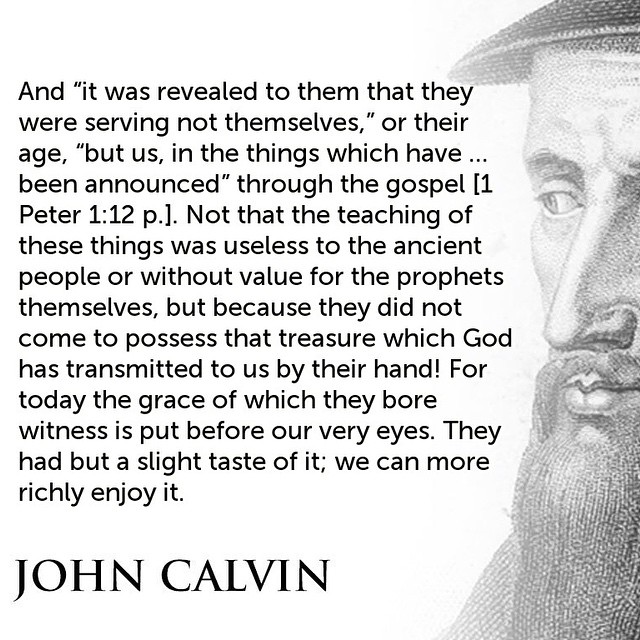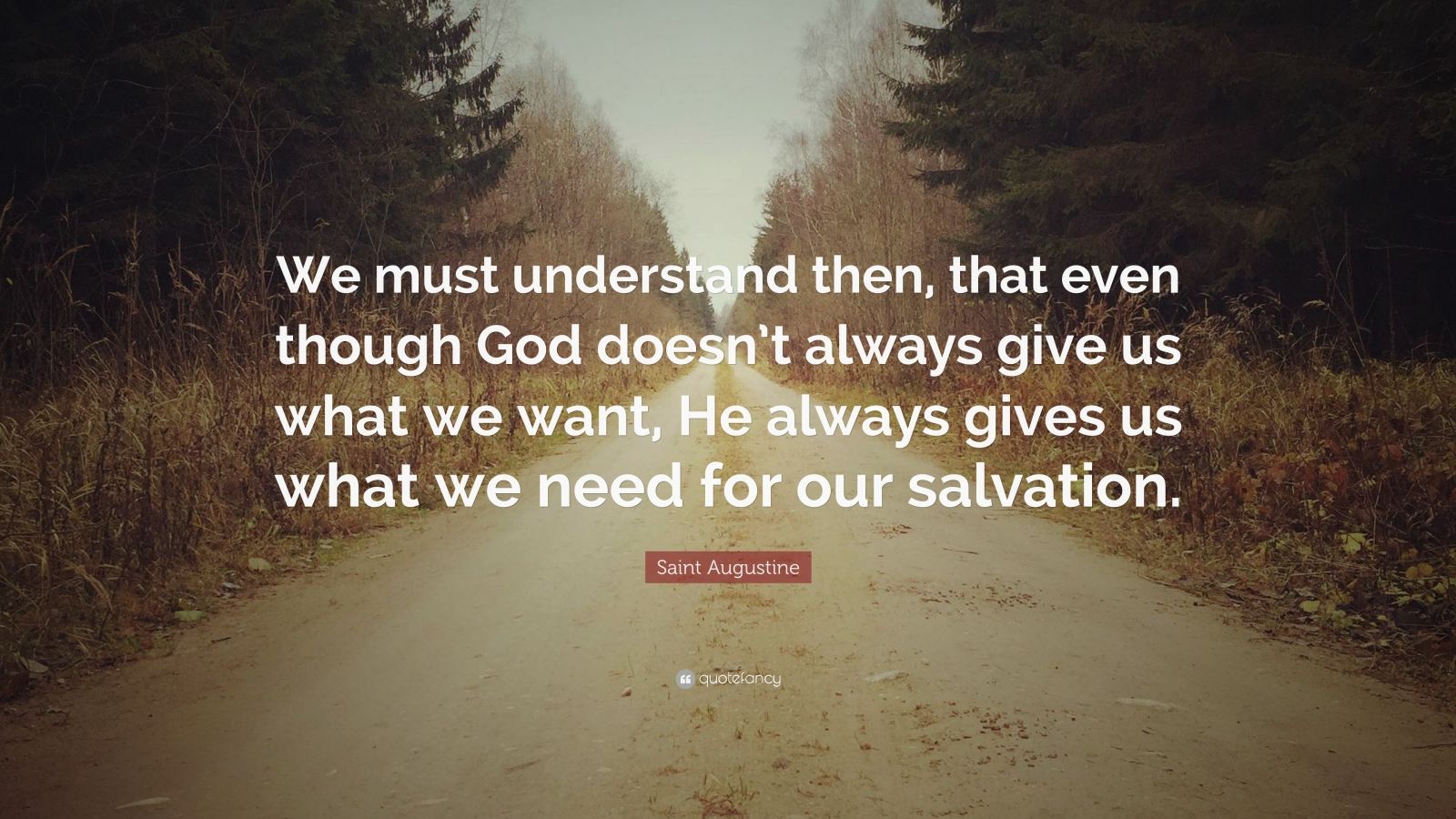

But I confidently affirm myself to know that if nothing passes away, there is no past time, and if nothing arrives, there is no future time, and if nothing existed there would be no present time. If I want to explain it to an inquirer, I do not know. What then is time? Provided that no one asks me, I know. We also know what is meant when we hear someone else talking about it. “What is time? Who can explain this easily and briefly? Who can comprehend this even in thought so as to articulate the answer in words? Yet what do we speak of, in our familiar everyday conversation, more than of time? We surely know what we mean when we speak of it. The Consequences of Ideas: Understanding the Concepts that Shaped Our World For him, all truth is God's truth, and when one encounters truth, one encounters the God whose truth it is.” This is why Augustine encouraged students to learn as much as possible about as many things as possible. Not only are the truths in Scripture dependent on God's revelation, but all truth, including scientific truth, is dependent on divine revelation.

He is also concerned with "general" or "natural" revelation. When Augustine speaks of revelation, he is not speaking of Biblical revelation alone. So just as an external source of light is needed for seeing, so an external revelation from God is needed for knowing. But a man with the keenest eyesight can see nothing if he is locked in a totally dark room. We have eyes, optic nerves, and so forth- all the equipment needed for sight. In our present earthly state we are equipped with the faculty of sight. “The concept of divine revelation was central to Augustine's epistemology, or theory of knowledge.

In Job's Balances: On the Sources of the Eternal Truths Dostoevsky says openly in the Diary of a Writer that the only idea capable of inspiring a man is that of the immortality of the soul.” Obviously Augustine and Dostoevsky were terrified and appalled by the mere thought of the possibility of such men as Scaevola and Gradovsky - men capable of loving virtue for its own sake, of seeing virtue as an end in itself. Both were convinced Christians, both spoke so much of love, and suddenly - such hate! And against whom? Against the Stoics, who preached self-abnegation, who esteemed virtue above all things in the world, and against the Liberals who also exalted virtue above all things! But the fact remains: Dostoevsky spoke in rage of Stassyulevitch and Gradovsky Augustine could not be calm when he spoke the names of those pre-Stoic Stoics, Regulus and Mutius Scaevola, and even Socrates, the idol of the ancient world, appeared to him a bogey. At first sight this seems a quite inexplicable peculiarity. Augustine hated the Stoics, Dostoevsky hated the Russian Liberals.

Noli foras ire, in teipsum redi, in interiore homine habitat veritas.As quoted in the letter of Augustine to saint Cyril of Jerusalem related to the treaty titled On the Trinity."Augustinus, Augustinus, what are you trying to do? Do you believe to be able to pour the whole sea in a little jar?.Augustine, Augustine, quid quaeris? Putasne brevi immettere vasculo mare totum?.The spiritual virtue of a sacrament is like light, - although it passes among the impure, it is not polluted. 4.1 “When Children Became People: the birth of childhood in early Christianity” (2005).1.18 Dictionary of Burning Words of Brilliant Writers (1895).1.6 Ten Homilies on the First Epistle of John (414).1.5 De Unitate Ecclesiae - On the Unity of the Church (c.1.2 Psalmus Contra Partem Donati - Psalm Against the Donatists (c.


 0 kommentar(er)
0 kommentar(er)
